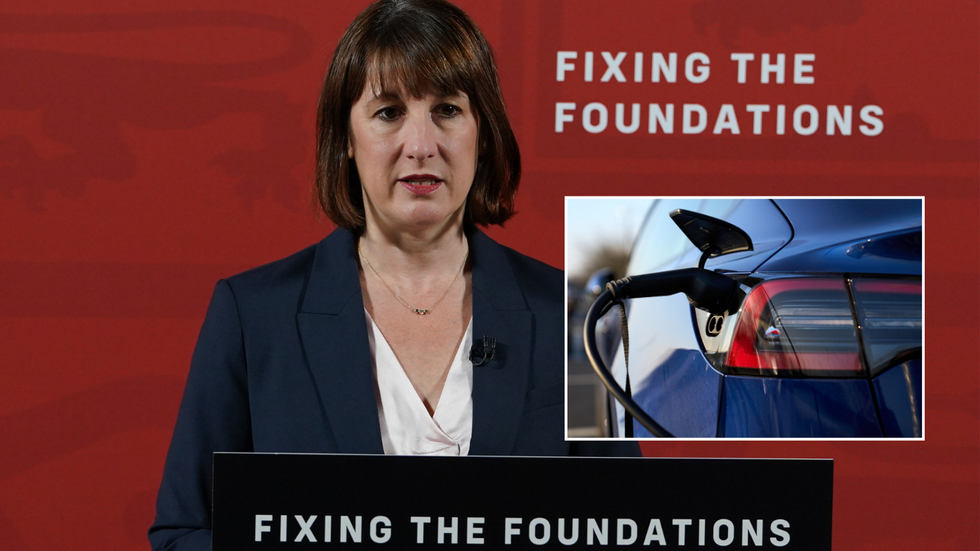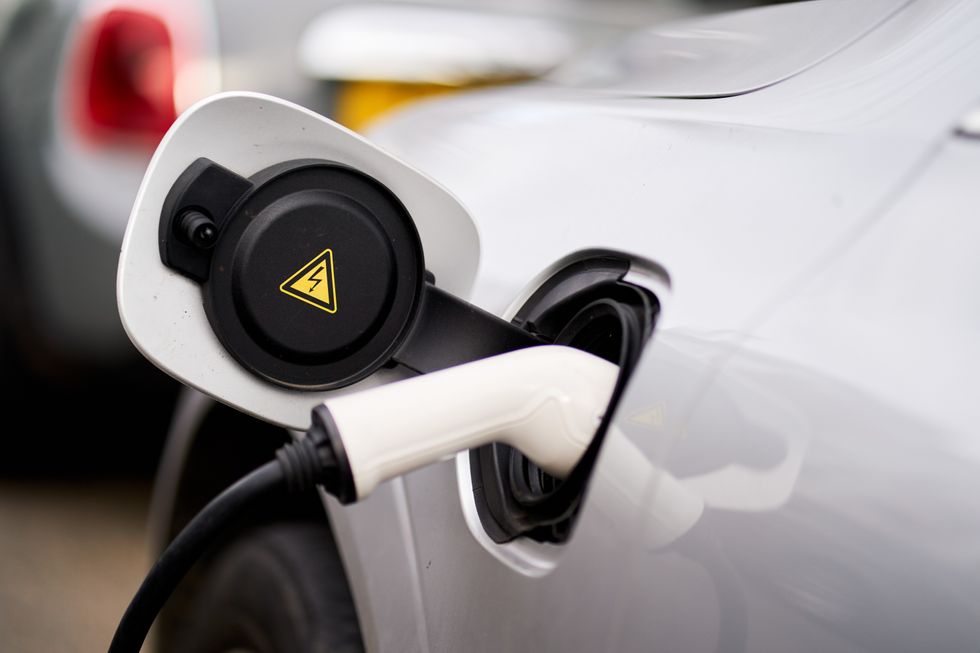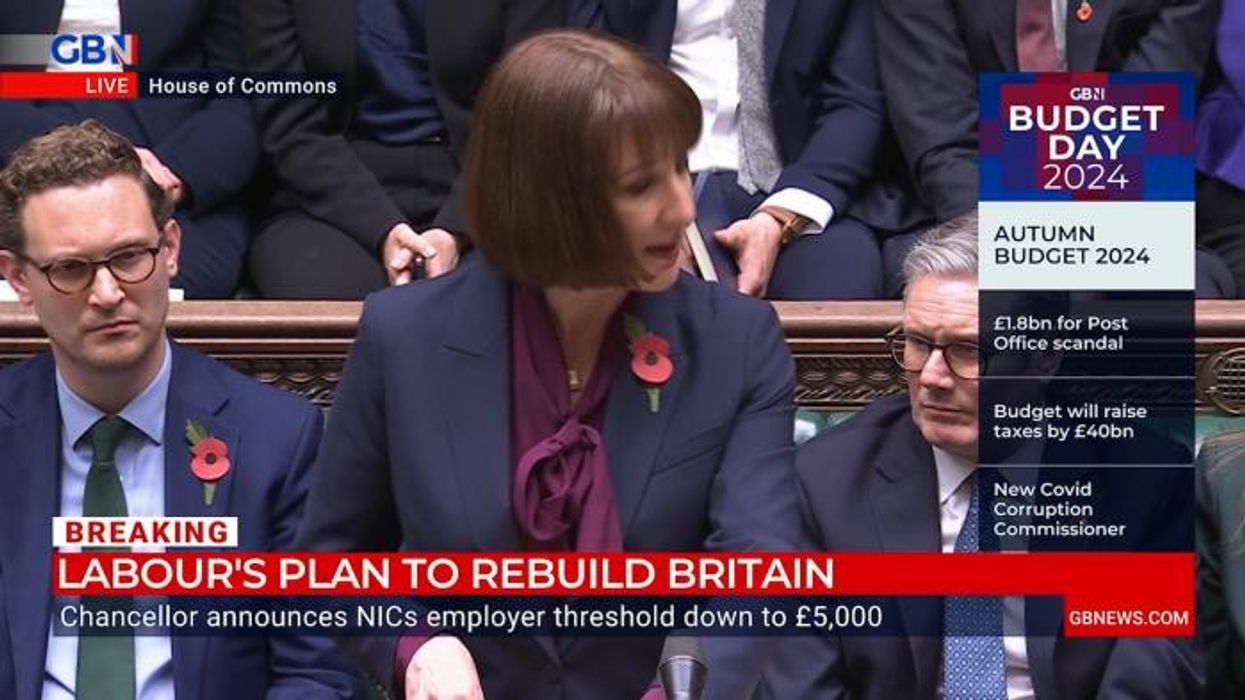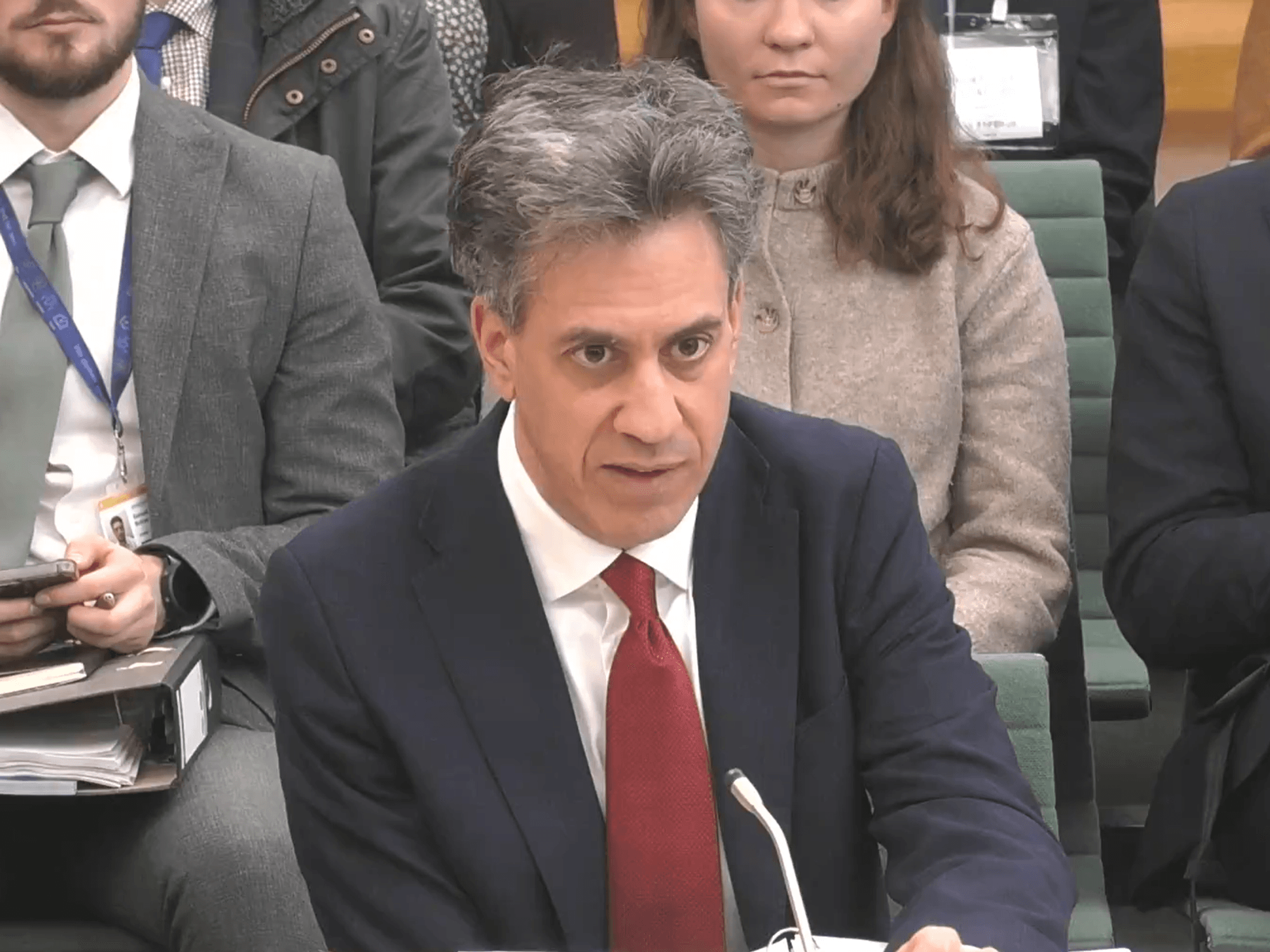Rachel Reeves tax changes causes havoc to car industry as millions back away from buying

The latest SMMT data found that electric car sales were still below the Zero Emission Mandate target
Don't Miss
Most Read
Chancellor Rachel Reeves has faced growing calls to revisit tax changes for electric vehicles after new data revealed a significant slowdown in the UK electric car market.
It comes after the Society of Motor Manufacturers & Traders (SMMT) reported that despite growth in electric vehicle registrations, the current market share of 20.4 per cent remains well below the 28 per cent target required under the Zero Emission Vehicle mandate.
Industry experts have now suggested that Vehicle Excise Duty changes, which came into effect from April 1, including the Expensive Car Supplement now applicable to many EVs, have dampened buyer activity.
The UK's new car market declined by 10.4 per cent in April 2025, marking the sixth fall in the last seven months.
Do you have a story you'd like to share? Get in touch by emailing motoring@gbnews.uk

The Chancellor has been urged to remove the electric vehicle taxes
| GB NEWS/GETTYRegistration levels have now been recorded as being 25.3 per cent behind pre-pandemic April 2019 levels, highlighting the sector's ongoing challenges.
The downturn reflects the fragile economic backdrop and weakened consumer confidence affecting the automotive sector, with 13,943 fewer cars registered compared with the same month last year.
April's performance was further impacted by the late timing of Easter, resulting in fewer working days.
According to tax firm RSM, the implementation of car tax changes pushed transactions into March as buyers sought to avoid tax increases that took effect on April 1.
Battery electric vehicles bucked the downward trend, increasing by 8.1 per cent to 24,558 units and taking more than a fifth of the market.
Plug-in hybrids also performed strongly, with registrations up 34.1 per cent, contrasting sharply with traditional fuel types as petrol registrations fell by 22 per cent and diesel by 26.2 per cent.
Despite this growth, the EV sector is still falling short of regulatory requirements. Year to date, EVs have reached a 20.7 per cent market share, making them the second most popular powertrain after petrol.
While the Government has proposed amendments to the ZEV mandate requirements, the SMMT noted that targets remain "incredibly challenging".
EV drivers have also been hit by inconsistent tax rates when charging, with a 15 per cent difference between public charging points (20 per cent VAT) compared to the five per cent VAT domestic charging rate.
This tax disparity creates an uneven playing field for those without home charging facilities.
Meanwhile, fuel duty receipts decreased by £200million in the year to April 2025 to £24.7billion, with additional revenue losses due to drivers switching to EVs.
The SMMT has called for specific Government incentives to boost electric vehicle adoption, including halving VAT on new EV purchases.
LATEST DEVELOPMENTS:
- Drivers face having vehicles towed and fined for breaking Blue Badge rules amid 1000% spike in crime
- Driving law changes attract mass support as elderly Britons could soon face mandatory eye tests
- Donald Trump's 10% auto tariffs split UK car industry after 'historic' announcement - 'Worse than before!'

Electric car sales currently make up 20.4 per cent of the UK market share
| PAMike Hawes, chief executive of the SMMT, said: "EV uptake is still being heavily and unsustainably subsidised by the industry, which is why a compelling package of measures from Government is essential if consumers are going to make the switch."
Sheena McGuinness, Partner at RSM UK, suggested that "exemption of EVs from the Expensive Car Supplement and at least reducing the VAT charged on the sale of new EV cars could be a good place to start."
Jamie Hamilton, automotive partner at Deloitte, added: "Although sales of battery electric vehicles continue to grow across the sector, it is clear that consumer perception on EVs still needs to shift."
The tax firm stated that the current price point of EVs remains unaffordable for many consumers, driving them to seek cheaper options.











